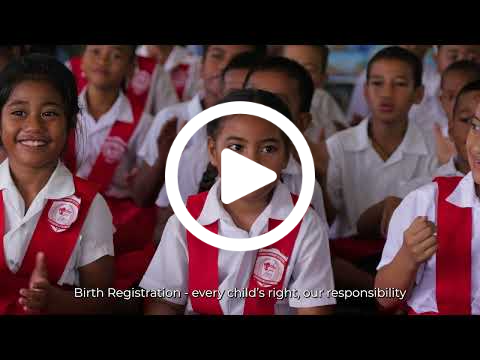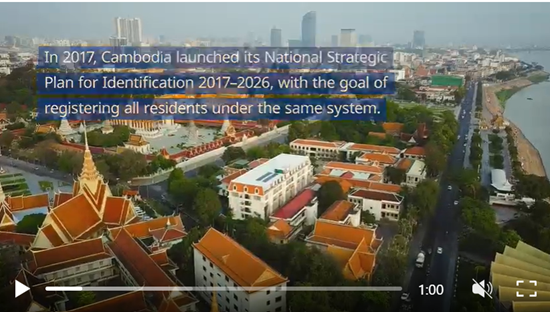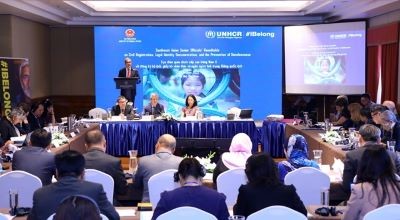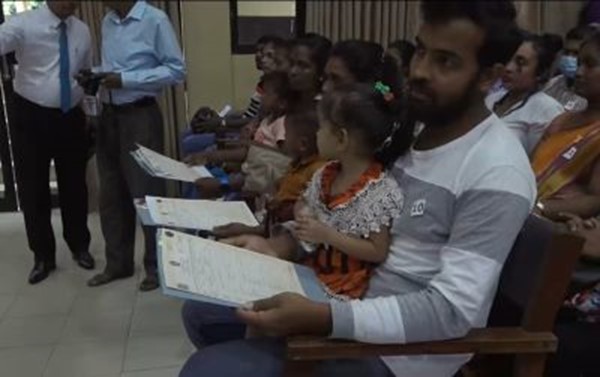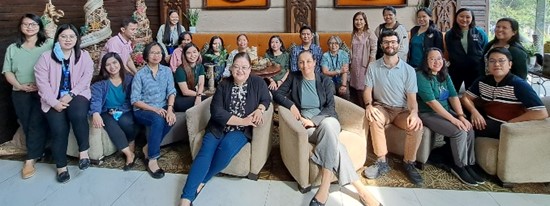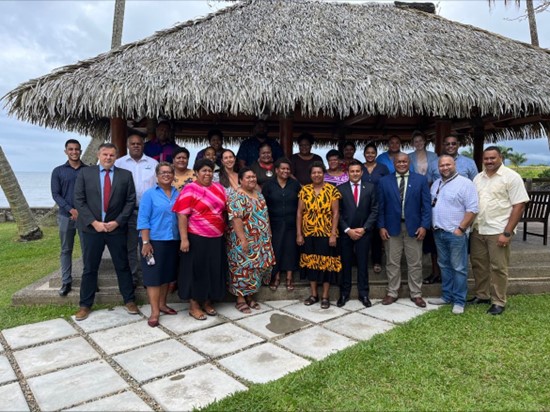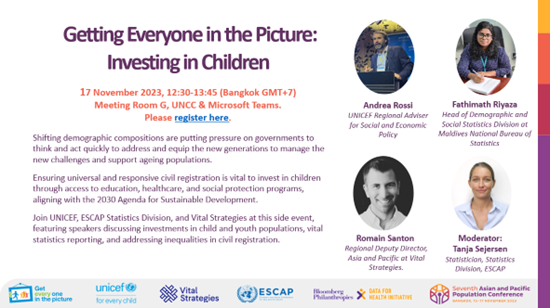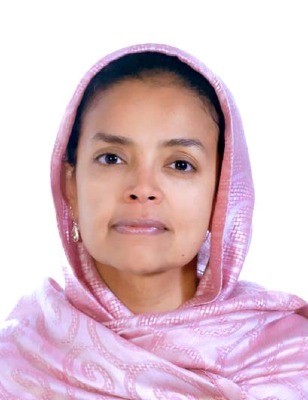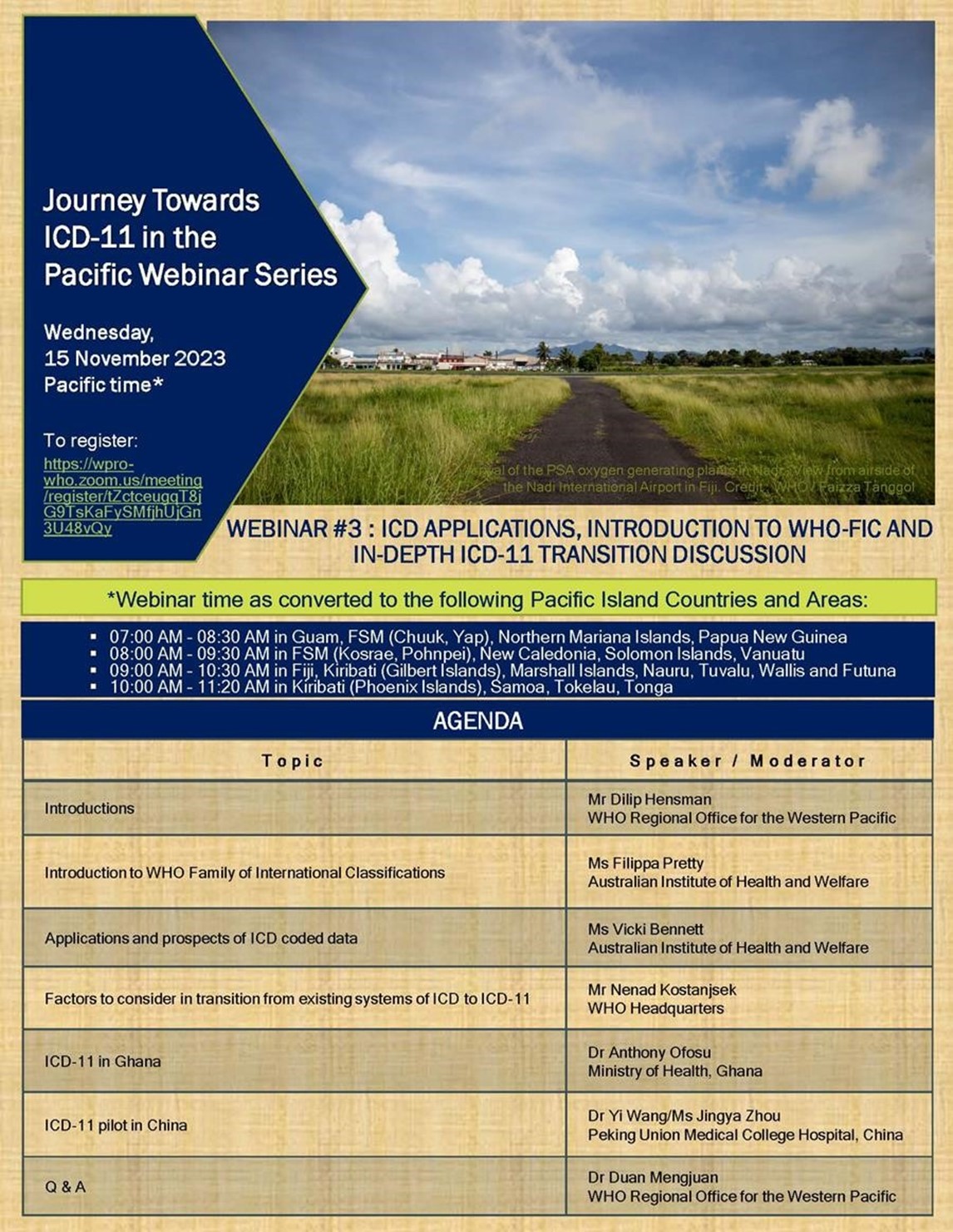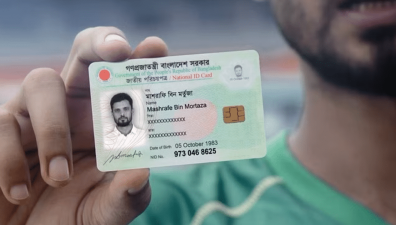On 19 September 2017 in New York, the International Labour Organization launched two seminal reports: Global Estimates for Child Labour: Results and Trends, 2012 – 2016 and Global Estimates of Modern Slavery: Forced Labour and Forced Marriage. Following the multi-year, collaborative research project conducted with Alliance 8.7 Members, the Walk Free Foundation and the International Organization for Migration, the reports reveal what the ILO deems the “true scale of modern slavery around the world”. Notably, the Child Labour report highlights the importance of birth registration, specifically as it pertains to building a policy response to child labour for the road forward.
First, the report emphasizes that, “Free and compulsory education of good quality up to the minimum age for admission to employment is a key tool in ending child labour”, but also notes that the cost to the family is one of the primary barriers preventing educational access for children. In response, the report stresses the need for investment in child education and singles out the link between cash transfers, non-means-tested benefits, and birth registration as a viable method for offsetting “the indirect cost of children’s time in school”.
Second, the report acknowledges poverty, risks, and shocks to the family as the primary drivers behind child labour and says that “social security is critical to mitigating these vulnerabilities”. After emphasizing public employment programmes, health protections, unemployment protections, and basic income security as the basis for a well-designed social security system, the report ultimately concludes that “Birth registration, itself a key human right, is an essential starting point for ensuring coverage in all of these areas”.

More News
Samoa Bureau of Statistics (SBS) and the UNDP Accelerator Lab (AccLab) have been working together…
Following the passing of the fundamental Law on Civil Registration, Vital Statistics…
The UNHCR Regional Bureau for Asia and the Pacific and the Ministry of Foreign Affairs of the…
Sri Lanka recently initiated its digital birth certificates program, commencing with a limited…
Following the initial workshop on Inequality Assessment in the Philippines, ESCAP, in collaboration…
Fiji CRVS stakeholders convened for a National Capacity Building and Consultation Workshop for the…
Join us on the 17th of November! Supported by the Bloomberg Philanthropy Data for Health initiative…
8 CRVS Champion: Dr. Amani Siyam Our community newsletter puts a spotlight on…
On the 15th of November, the Pacific Civil Registrars Network (PCRN) will be organizing the third…
Moving forward, National ID cards in Bangladesh will now be administered by the Department of Home…


